HotSpots H2O: Lowest Rainfall In Decades Pushes North Korea Toward Famine
Soldiers in North Korea. Photo courtesy of Pixabay.
The lack of rain is worsening North Korea’s chronic food shortages, and an estimated 10.1 million people, about 40 percent of the population, are facing severe food insecurity. The situation is not yet a famine, says Herve Verhoosel of the World Food Programme (WFP). But it could end up that way in coming months.
Local media outlet KCNA reported that 2.1 inches of rain have fallen in North Korea this year, compared to an average of 5 inches. Rainfall this month has been especially abysmal, totaling less than 0.02 inches. If precipitation doesn’t increase, rainfall totals will likely be the lowest ever recorded in North Korea for January through May.
The dry start to the year comes in conjunction with a below-average farm harvest last season. A United Nations report from earlier this month estimated the 2018-19 crop production at 4.9 million tons, the lowest in a decade, with a food deficit of 1.36 million tons.
Food shortages have plagued North Korea for years, owing to a complex mix of drought, flooding, and government mismanagement. Currently, official rations have tumbled to less than 11 ounces (300 grams) of food per person a day, based on data collected by the UN Food and Agriculture Organization and WFP.
“Many families survive on a monotonous diet of rice and kimchi most of the year, eating very little protein,” says WFP’s Nicolas Bidault, co-leader of the mission. “This is worrying because many communities are already extremely vulnerable and any further cuts to already minimal food rations, could push them deep into a hunger crisis.”
The WFP recommends boosting food assistance to the country in the short term, as well as providing fertilizers, water pumps, seeds, and other equipment to increase agricultural yields.
Some politicians have pushed back against the recommendation for geopolitical reasons. Taro Kono, Japan’s foreign minister, argued that sending food aid to North Korea is “premature” as long as the country continues to prioritize the development of nuclear weapons over the food supply of its citizens.
Kayla Ritter is a recent graduate of Michigan State University, where she studied International Relations and Teaching English to Speakers of Other Languages. She is currently based in Manton, Michigan. Kayla enjoys running, writing, and traveling. Contact Kayla Ritter

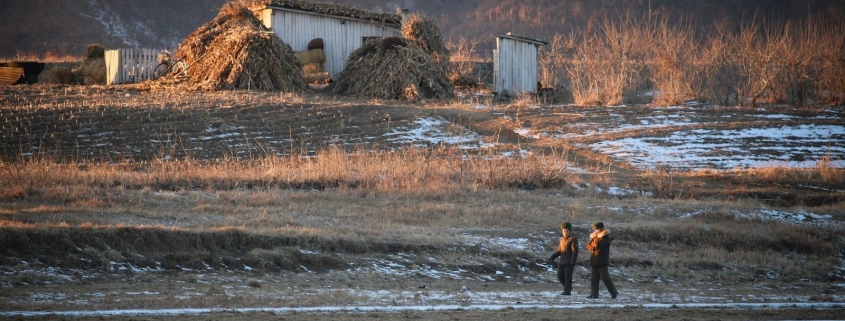
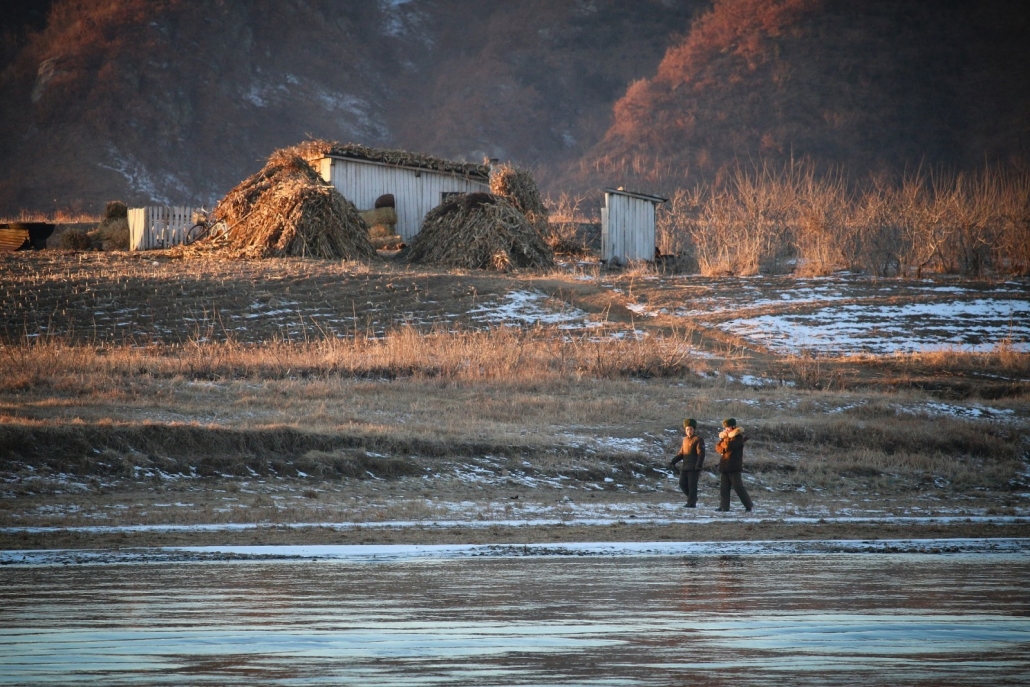

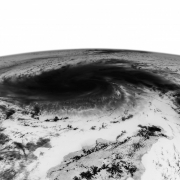
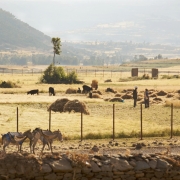

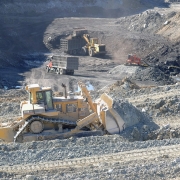

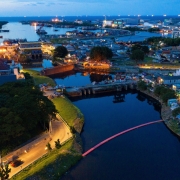




Leave a Reply
Want to join the discussion?Feel free to contribute!